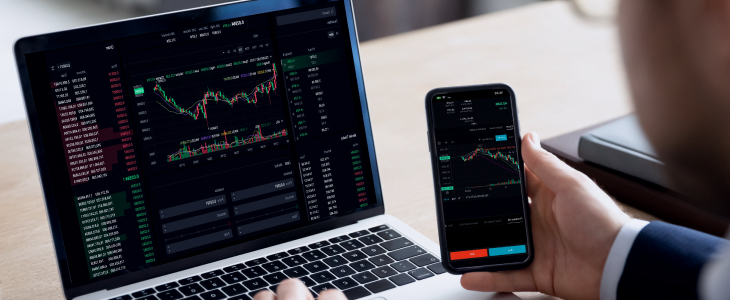
Forex Trading for Beginners: Your Comprehensive Guide
Forex trading, also known as foreign exchange trading, involves the buying and selling of currencies in order to make a profit. This dynamic financial market operates 24 hours a day and is one of the most liquid markets in the world, making it a prime target for those looking to invest or trade. For those just starting out, the world of forex trading can seem overwhelming. However, with the right knowledge and tools, you can navigate this market successfully. For further insights and resources, feel free to visit forex trading beginners https://trading-bd.com/, where you will find valuable information to enhance your trading journey.
Understanding Forex Trading Basics
Forex trading involves currency pairs. Each currency pair consists of a base currency and a quote currency. The base currency is the first currency in the pair, while the quote currency is the second. For example, in the EUR/USD pair, the Euro is the base currency, and the US Dollar is the quote currency. The price of a currency pair indicates how much of the quote currency is needed to buy one unit of the base currency.
Market Participants
The forex market is filled with various participants, including:
- Central Banks: They influence currency values through monetary policy decisions.
- Financial Institutions: Banks and hedge funds make large transactions that can impact the market.
- Corporations: Businesses involved in international trade must exchange currencies.
- Retail Traders: Individuals who trade on their own, either for profit or for hedging purposes.
Getting Started with Forex Trading
Before diving into forex trading, consider the following steps to set up a strong foundation:
1. Educational Resources
Invest time in learning about the forex market. Numerous online resources, courses, and webinars are available for beginners. Understanding fundamental and technical analysis is crucial for making informed trading decisions.
2. Choosing a Forex Broker

Selecting the right broker is critical. Look for a broker that offers a user-friendly trading platform, competitive spreads, and robust customer support. Ensure that the broker is regulated by a reputable authority to protect your funds.
3. Demo Trading
Most brokers offer demo accounts, which allow you to practice trading without risking real money. Use this opportunity to familiarize yourself with the trading platform, test strategies, and understand market dynamics.
Forex Trading Strategies for Beginners
Effective strategies can enhance your trading proficiency. As a beginner, consider the following strategies:
1. Scalping
This strategy involves making quick trades to capture small price movements. Scalpers typically hold positions for a few seconds to a few minutes.
2. Day Trading
Day traders open and close positions within the same trading day, striving to profit from short-term price fluctuations and avoiding overnight risks.
3. Swing Trading
This strategy involves holding positions for several days or weeks, aiming to capitalize on expected upward or downward market shifts.
Risk Management in Forex Trading

One of the most critical aspects of forex trading is managing risk. Here are some essential tips:
1. Use Stop-Loss Orders
Implement stop-loss orders to limit potential losses. This tool automatically closes your position when it reaches a certain loss level, helping you control risk.
2. Only Trade with Money You Can Afford to Lose
Forego investing funds that are necessary for your day-to-day living expenses. Understand that losses are a part of trading, and prepare accordingly.
3. Diversify Your Portfolio
Avoid putting all your money into a single trade. Diversifying your trades across different currency pairs reduces risk and balances potential losses.
Staying Informed: Economic Indicators
Understanding economic indicators is vital for forex trading. Key indicators include:
- Interest Rates: Central banks influence currency values through interest rate changes.
- Inflation Rates: Higher inflation can lead to currency depreciation.
- Employment Data: Strong job markets can positively impact currency strength.
- GDP Growth: Economic growth drives currency value increase.
Conclusion
Forex trading can be a profitable venture for those willing to invest time in education and strategic planning. By understanding the basics, developing skills, and managing risk, you will pave your way to becoming a successful trader. Remember that consistency and discipline are key, and don’t hesitate to seek out reliable resources and platforms to aid your trading journey.

COMMENTAIRES